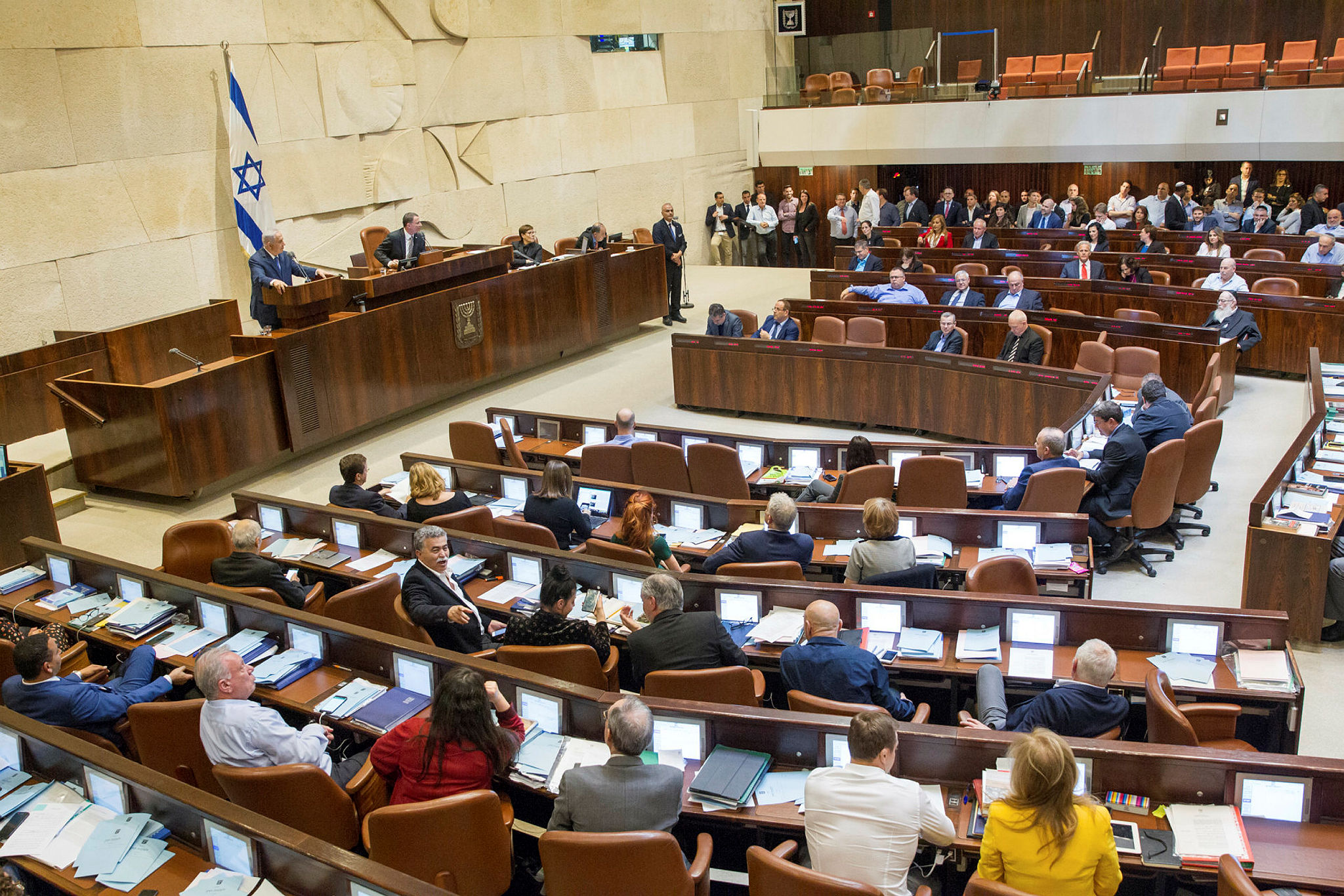The Judicial Reasonableness Doctrine Driving Israelis to the Streets
Jerusalem, 10 July, 2023 (TPS-IL) -- A Knesset bill changing the way judges apply the judicial doctrine of reasonableness is widely expected to pass its initial vote today, and opponents of the government’s judicial overhaul initiative have vowed to dramatically escalate their protests when that happens.
An opposition filibuster is expected. Even if the vote passes, the bill will be sent back to the parliament’s Constitution, Law and Justice Committee for further debate and revisions before returning to the wider Knesset for two more votes. The government seeks to complete this bill’s passage by July 30, when the Knesset’s summer session ends.
Should the bill pass, opponents say they will block intersections around the country and disrupt operations at Ben Gurion International Airport.
“If the government doesn’t stop — the whole country will stop,” protest leaders have said.
The governing coalition’s judicial reforms are deeply controversial. Other legislation advancing through the Knesset would primarily alter the way judges are appointed and removed, give the Knesset the ability to override certain High Court rulings, and change the way legal advisors are appointed to government ministries.
Supporters of the legal overhaul say they want to end years of judicial overreach while opponents describe the proposals as anti-democratic.
A Compromise Was Reached, But…
Prof. Ron Shapira, a legal scholar and rector of the Peres Academic Center, told the Tazpit Press Service that the two sides did reach a compromise “to the best of my knowledge” in talks brokered by President Isaac Herzog.
The compromise would have allowed courts to apply the reasonableness doctrine to “something phrased like ‘serious policy decisions’ made by the government or a minister,” Shapira told TPS. However, this partial agreement was conditional on the government and opposition reaching a compromise on the other issues related to the judicial initiative.
“But both sides withdrew, in a way,” Shapira said. “The protesters said don’t use what they called the salami method with us, which means being cut in slices over and over again like a salami. And the coalition said we’re not willing to settle on reasonableness doctrine alone because we’re afraid that this will be the only achievement of the judicial reform.”
Shapira said reasonableness is a doctrine found in legal systems around the world under various names, adding that “Israeli interpretation is maximalistic, but not unknown.”
One key difference in the way the Israeli legal system applies it, Shapira said, was that it has been “interpreted as a tool of Attorney Generals to block appointments even though they had been approved by the Knesset. This is very unusual.”
However, the bill being voted on by the Knesset “goes to the other extreme,” Shapira said.
“Under the bill, every decision of every minister would be exempt from judicial review on the grounds of reasonableness. This, in my view, is far away because it also applies to trivial bureaucratic decisions made by ministers.”
He stressed that if the law passes, government decisions would still come under judicial oversight for “proportionality, discrimination, jurisdiction, or other causes of judicial review for administrative acts.”







